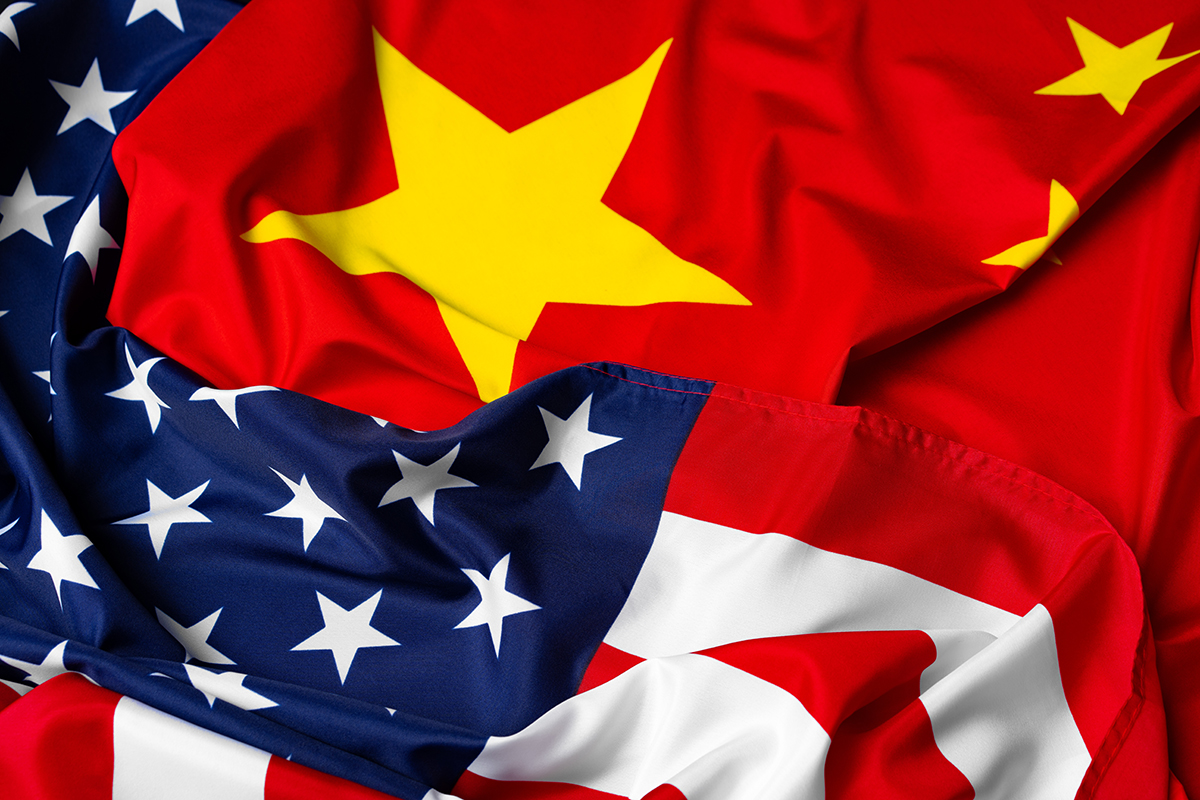The US Secretary of Defense, Lloyd Austin, had a brief conversation with his Chinese counterpart in Singapore, as reported by a Pentagon spokesperson this Friday.
In the official statement, Pentagon Press Secretary Brig. Gen. Pat Ryder informed that Secretary Austin and Li Shangfu, PRC Minister of National Defense, conversed briefly during the inaugural dinner of the Shangri-La Dialogue in Singapore. Although a handshake was exchanged, the interaction needed more substantive dialogue.
The statement further emphasized the Department’s belief in preserving military communication lines with the PRC and committed to fostering significant military discussions across multiple levels to manage the relationship responsibly.
This cursory interaction followed China’s dismissal of a formal meeting proposal between Austin and his counterpart at Singapore’s currently ongoing Shangri-La Dialogue Security Forum. Despite multiple previous requests, Austin had yet to communicate with his partner for months. Earlier this year, China declined a call after the US intercepted a suspected Chinese surveillance balloon crossing the country.
China’s Defense Ministry attributed the communication breakdown to the US in a recent statement, asserting that the onus for the current predicament between the two militaries lay solely with the US.
The ministry spokesperson, Tan Kefei, pointed out that while the US wants to strengthen communication, it neglects China’s concerns and constructs artificial hurdles, severely damaging the mutual trust between both militaries.
This communication lapse has permeated even the highest military ranks of both nations. Adm. John Aquilino, the commander of the US Indo-Pacific Command, disclosed in April that Chinese officials had refused a standing invitation to meet with the eastern and southern theatre commanders of the People’s Liberation Army.
Austin expressed concern about China declining the meeting request during a news conference in Japan. He cautioned that the persistent communication void could lead to an unforeseen incident escalating quickly.
He further emphasized the importance of open dialogue between nations with significant capabilities to manage crises and prevent situations from unnecessarily spiralling out of control. Austin noted his concern over China’s subversive activities in the international airspace and waterways in the region, particularly their intercepts of aircraft belonging to the US and its allies. He expressed hope for a change in these actions, lest an incident spirals out of control quickly.
In a tense climate of declining military communication, the brief exchange between US and Chinese defence leaders underscores the importance of diplomatic channels for managing potential crises. As China’s international airspace and waterways activities raise concerns, the international community will closely watch how both nations navigate this complex relationship. Acknowledging the risks, the US remains hopeful for constructive dialogue and a change in China’s approach, emphasizing the prevention of an incident that could rapidly escalate into an unmanageable crisis.







